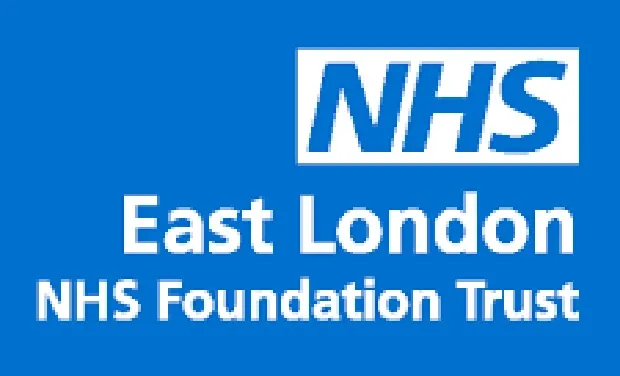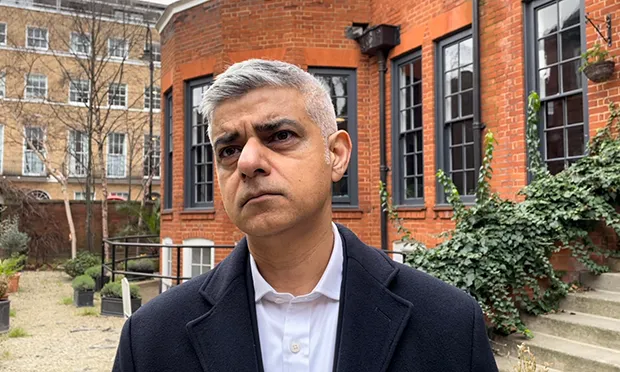East London NHS Foundation Trust diagnosed 14 patients under 18 with a personality disorder last year, according to a new Freedom of Information investigation.
Over a thousand campaigners including former health secretary Norman Lamb called the practice “abhorrent, unethical, harmful, dubious, but not least controversial” in an open letter published last April.
They wrote: “We maintain that giving children a diagnosis that results in harm and worse treatment is controversial. Until there is conclusive proof that this diagnosis does not harm children we say it should not occur in the UK. We know many ways to help traumatised children and not one of them relies on those around them believing they have deficits in their personality.”
Signatories included hundreds of psychologists, psychiatrists, occupational therapists, mental health nurses and counsellors. Authors including Professsor Linda Gask and Dr Lucy Johnstone also signed.
One signatory, Prof Mary Boyle, Emeritus professor of clinical psychology at the University of East London, told the Citizen: "As the FOI survey shows, some trusts have a policy against diagnosing under-18 with personality disorders. The evidence very much supports that practice and I believe it should be adopted across England."
Of the 43 Trusts who responded to the FOI:
18 said they had diagnosed under-18s with a personality disorder last year.
Nine said they did not know whether they had done so.
Six said they did not diagnose under-18s with personality disorders at the trust.
Only one other Trust was more prolific than East London NHS Foundation Trust: South London And Maudsley (SLaM) NHS Foundation Trust, which reported diagnosing 25 new cases of ‘emotionally unstable personality disorder’ in its Children and Adolescent Mental Health Services (CAMHS). EUPD is another name for borderline personality disorder (BPD).
East London NHS Foundation Trust declined to comment.
Some trusts decline to diagnose under-18s, for example:
Bradford District Care NHS Foundation Trust said they do not diagnose personality disorder in children.
Tavistock and Portman NHS Foundation Trust said: “We do not generally diagnose personality disorder in under-18s... providing a service based on need rather than a diagnosis or tiered service.”
Alder Hey Children’s Foundation Trust said: “We do not diagnose this condition [personality disorder].”
South West Yorkshire Partnership NHS Foundation Trust said: “CAMHS do not diagnose personality disorder for under-18s.”
Dorset Health University NHS FoundationTrust said: “Clinicians may have a working diagnosis of emerging EUPD, but the emphasis is on 'emerging' and we would not diagnose in young people under the age of 18.”
Rotherham Doncaster and South Humber NHS Foundation Trust said: “The National Institute for Health and Care Excellence (NICE) best practice guidance states personality disorder assessments should not be completed until 25 years of age, therefore, RDaSH have not diagnosed personality disorders for any patients who are under 18 years of age.”
An anonymous person diagnosed with BPD aged 17 told the charity Platfform: “My physical health and my child’s physical health were put at risk because people couldn’t see past a label I’d been given. I’ll never trust a professional again.”
Another spokesperson, also diagnosed at 17, said: “Having the incorrect BPD diagnosis stopped me from getting the right support and care for 10 years. I was treated so poorly by medical staff who saw it on my notes and the contrast to how I am treated now with different words next to my name is shocking.”
Nice’s guideline on BPD reports that there is ‘very little evidence’ of the effectiveness of treatments for young people with borderline personality disorder.
In 2018 Sir Lamb co-chaired the Personality Disorder Consensus Statement with Royal College of Nursing, the British Psychological Society and the Royal College of General Practitioners, which agreed that the signees proposed to abandon the term ‘personality disorder’.





